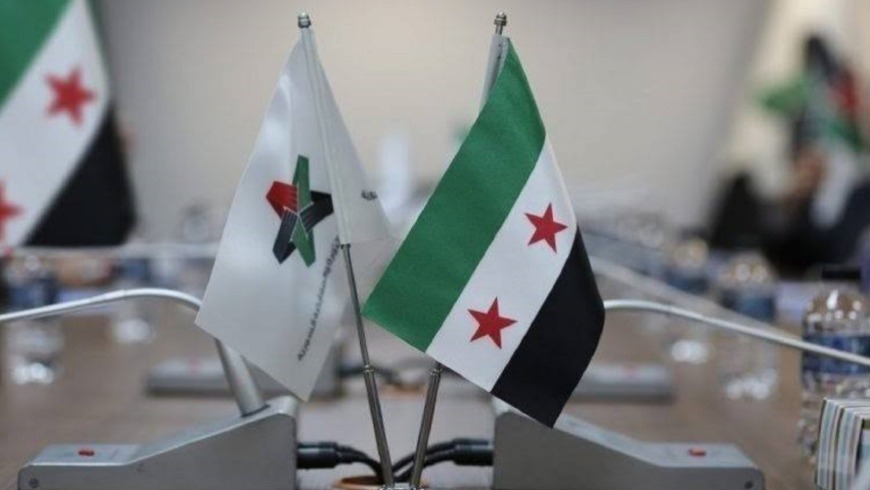Yesterday, the Syrian Negotiating Commission concluded its meeting by agreeing to amend its bylaws, extending the presidential term from one year to two years. The new amendments also allow the head of the commission to run for a second term, potentially serving a maximum of three years if re-elected.
This change addresses a significant challenge that the opposition has long faced: frequent leadership changes that hinder progress. Previously, the short presidential term prevented any leader from achieving substantial political progress or building an integrated institution. This instability was a major obstacle to uniting Syrians around a single, agreed-upon leadership and hindered the development of a professional and technologically proficient institution. The recent amendments offer the negotiating body, now the face of the Syrian opposition on the international stage, an opportunity to establish a more stable and effective leadership.
While some criticized the amendment, calling it a “unique decision,” it was overwhelmingly approved. Opposition came mainly from the Moscow platform, which habitually objects to various decisions, and from an independent member, Awad Al-Ali. Two members of the Cairo Platform were absent, although Gamal Suleiman, also of the Cairo Platform, voted in favor of the amendment. This broad consensus within the opposition marks a significant step toward creating a cohesive opposition body and improving administrative functions.
Critics argue that the bylaw amendments are an attempt to monopolize decision-making within the commission. However, the existence of Resolution 2254 ensures that the commission remains a political body dedicated to the negotiating process, countering fears of exclusivity.
The precedent set by the Syrian National Council in 2012, limiting presidential terms to six months, proved detrimental. No president could develop or implement a political plan or work program within such a short period. This instability cost the opposition many political opportunities. Effective international engagement requires stable leadership, which the new amendments aim to provide.
While criticism of the Syrian opposition and the Negotiating Committee is inevitable, outright attacks need reconsideration. In the current international and regional context, with a trend toward normalization with the Syrian regime, undermining the last remaining opposition institutions would be counterproductive. The Negotiating Committee remains the only internationally recognized political body opposing the regime, and its elimination would weaken the Syrian opposition’s negotiating power.
The aspiration for democracy among Syrians should be realized within Syria, not in exile. The battle against the Assad regime is prolonged and demands steadfastness, institutional support, and collective effort. Without these, Syrians will continue to struggle without making significant progress.
This article was translated and edited by The Syrian Observer. The Syrian Observer has not verified the content of this story. Responsibility for the information and views set out in this article lies entirely with the author.


